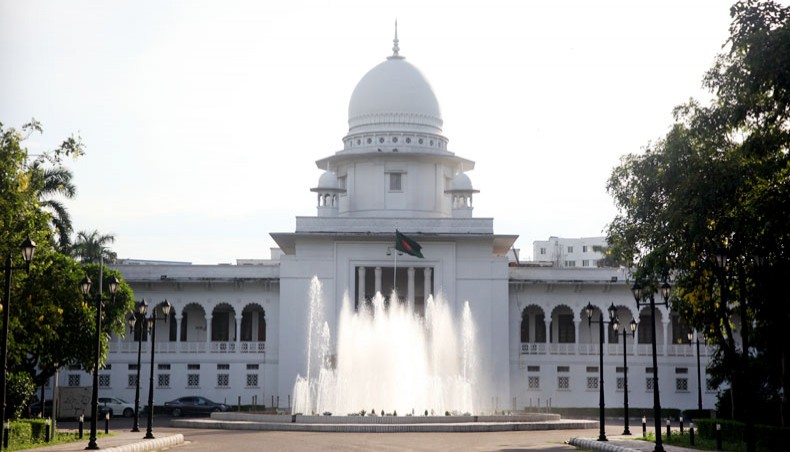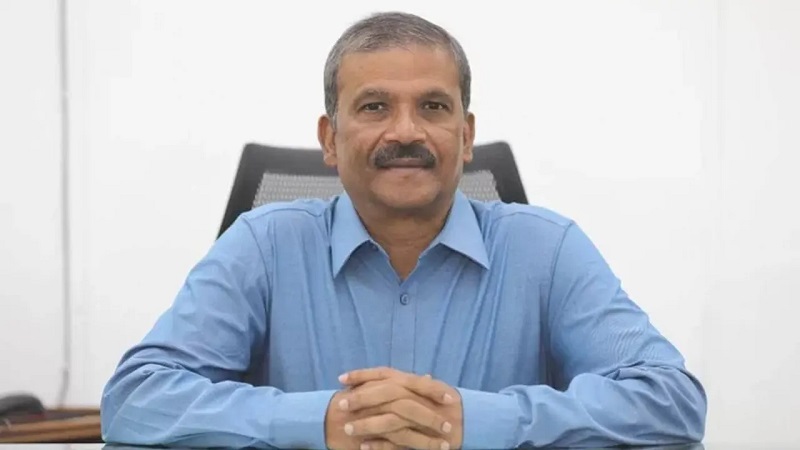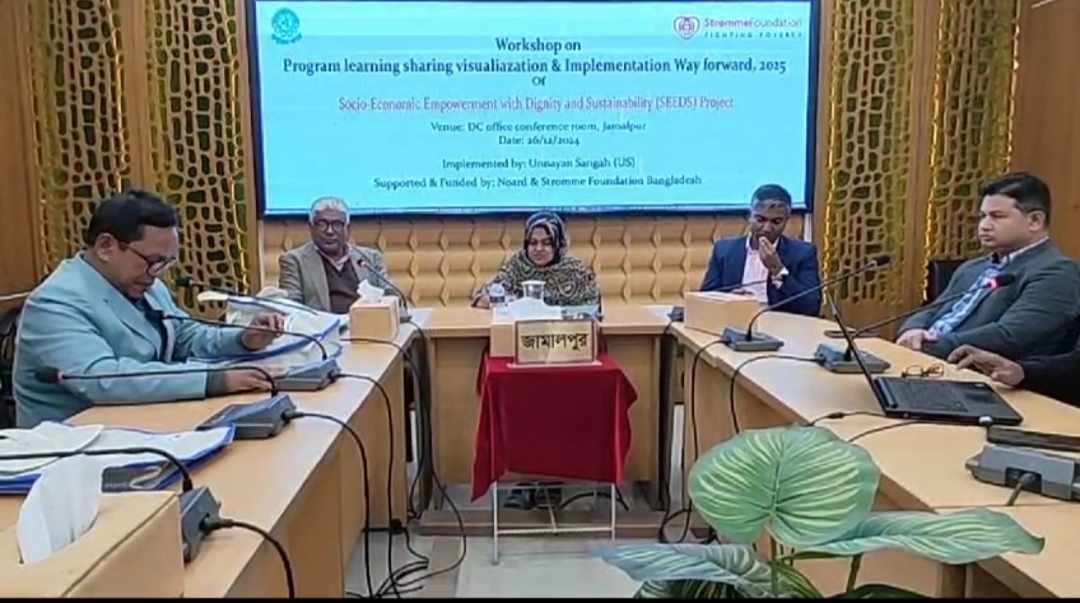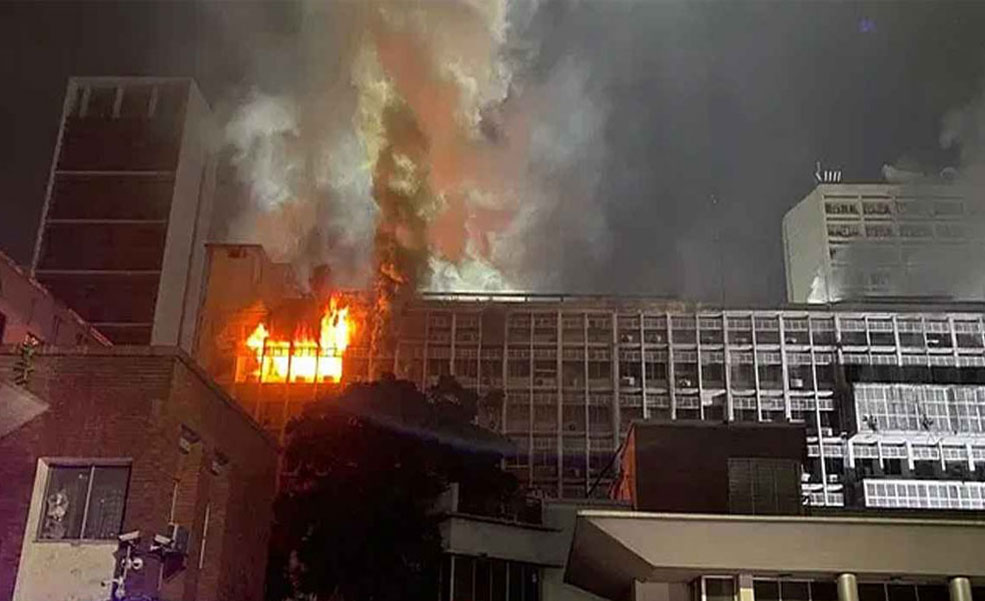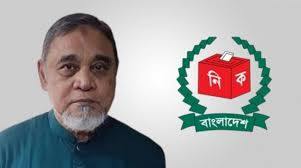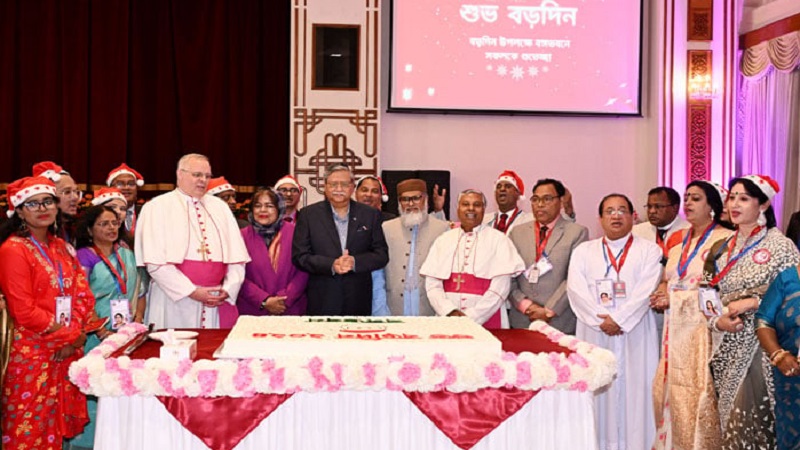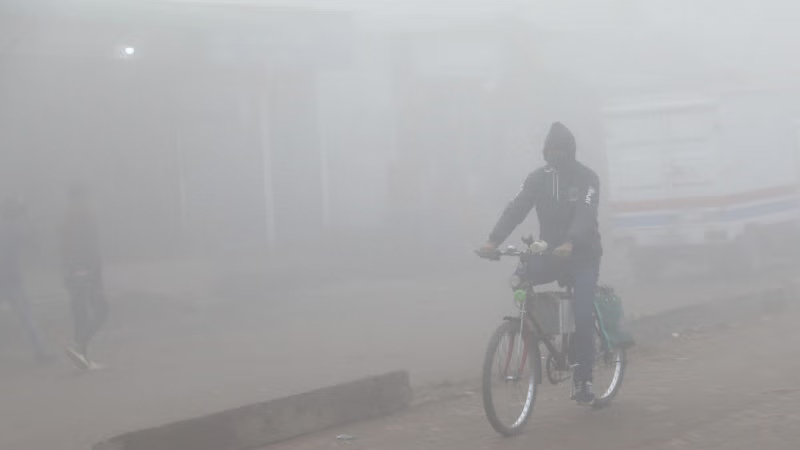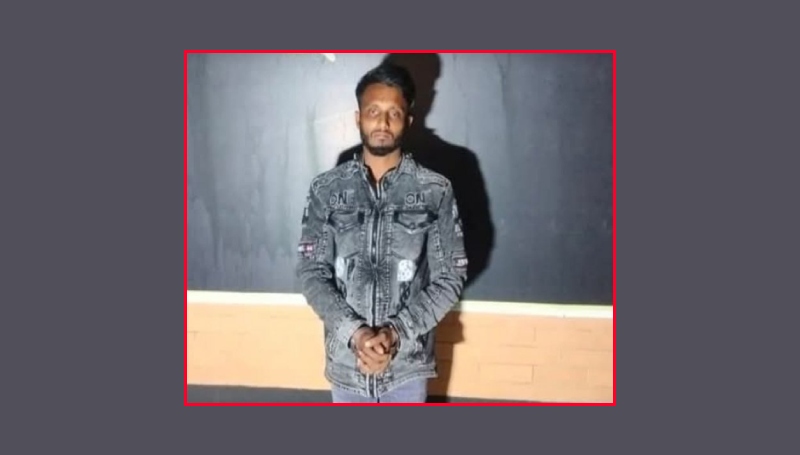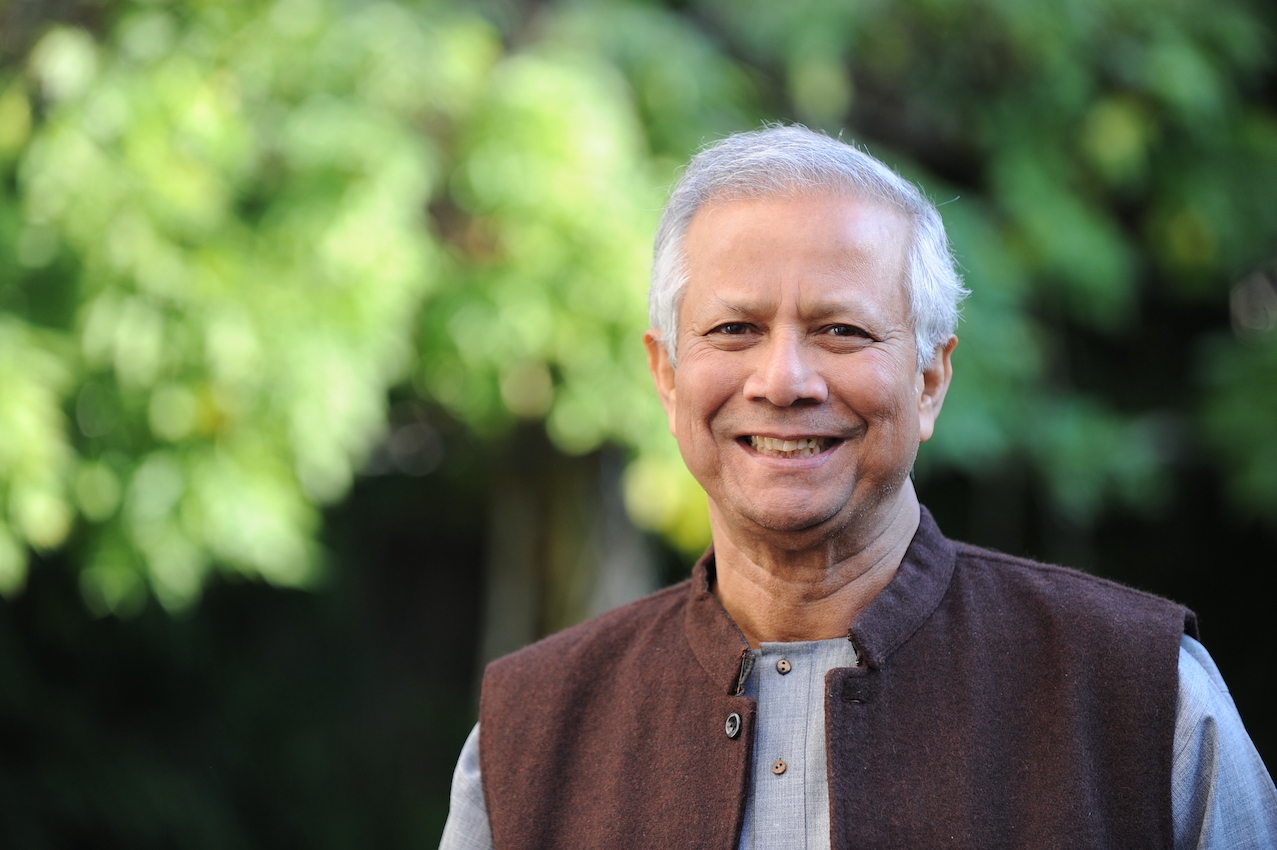The High Court on Sunday asked the relevant government authorities to explain in four weeks why the Dhaka Metropolitan Police commissioner’s power to prohibit assembly or procession within the metropolitan area without any written order should not be declared illegal.
The secretaries of the ministries of the home and the law, and the Dhaka Metropolitan Police Commissioner were among others asked to respond to the rule.
The bench of justice Md Mozibur Rahman Miah and justice Kazi Md Ejarul Haque Akondo issued the rule after hearing a writ petition for three days.
In the public interest, Supreme Court lawyers Abdul Momen Chowdhury and KM Zabir, Chandpur Bar Association lawyer Salim Akbar, and Dhaka University’s two former students, Shah Nuruzzaman and Mohammad Yasin, filed the writ petition.
The court did not pass any order on another prayer of the petitioners, who sought a ruling on Rule 105 of the DMP Ordinance, which gave impunity to the police for their actions in containing rallies and processions.
The petitioners challenged the constitutionality of Section 29 of the Dhaka Metropolitan Police Ordinance 1976, empowering the DMP commissioner to prohibit assembly or procession within the metropolitan area.
Section 29 says, ‘The Police Commissioner may, by order in writing, prohibit any assembly or procession whenever and for so long as he considers such prohibition to be necessary for the preservation of the public peace or safety.’
‘Provided that no such prohibition shall remain in force for more than thirty days without the sanction of the government,’ the Section added.
Appearing in person, petitioner Abdul Momen Chowdhury argued that the ‘uncontrolled’ power of the Dhaka Metropolitan Police commissioner given under section 29 of DMP Ordinance 1976 was ‘contradictory’ to Article 37 of the constitution.
The article says, ‘Every citizen shall have the right to assemble and participate in public meetings and processions peacefully and without arms, subject to any reasonable restrictions imposed by law in the interest of public order or public health.’
Abdul Momen argued that the police commissioner should facilitate the political parties in holding rallies, processions, or assemblies as per the mandate of the constitution.
‘But the police commissioner arbitrarily has been prohibiting opposition political parties from holding rallies or processions on various excuses, in violation of the constitution and destroying democracy,’ he added.
He argued that the police commissioner had been favouring the ruling party by allowing them to assemble but denying the opposition permission to hold rallies.
Momen argued that the DMP commissioner framed several dozen rules in 2006 under the 1976 Ordinance requiring political parties to follow them during processions or rallies.
The attorney general, AM Amin Uddin, requested the court to reject the petition as the government promulgated the Dhaka Metropolitan Police Ordinance in 1976, empowering the commissioner of the Metropolitan Police to ban rallies in the interest of maintaining peace and public safety.
The ordinance was promulgated by the government to impose ‘reasonable restrictions’ to regulate the rallies and processions to comply with the provisions of Article 37 of the constitution, he added.
Momen argued that the police commissioner had been prohibiting rallies or processions totally, although the constitution said that only restrictions on assembly could be imposed by laws.
‘Restrictions to holding assemblies do not mean prohibiting them totally,’ he added.
Momen referred to an Indian Supreme Court judgement in 1973, which declared illegal a rule framed by the Police Commissioner of Ahmadabad banning street processions and public meetings with or without loudspeakers.


